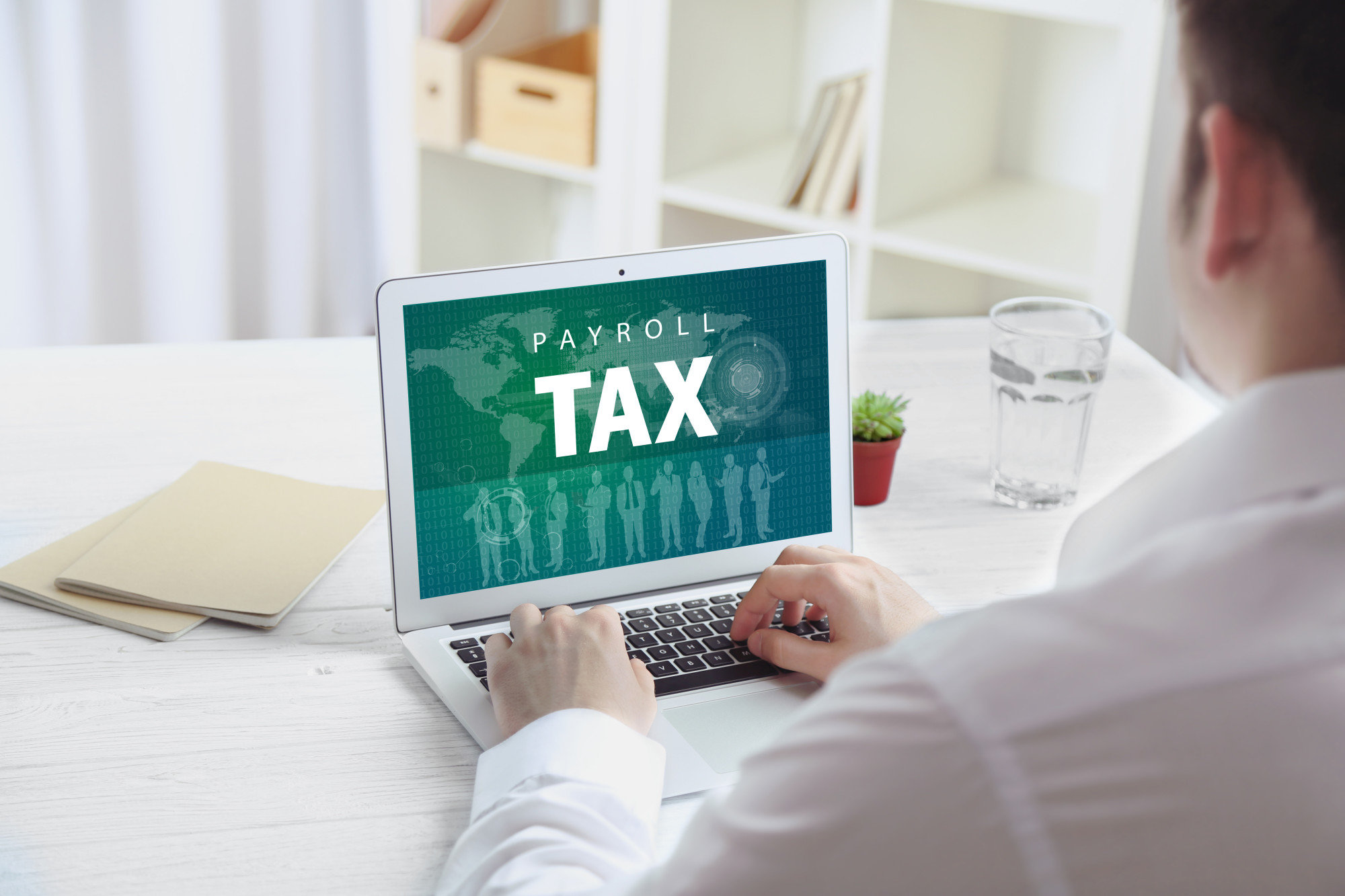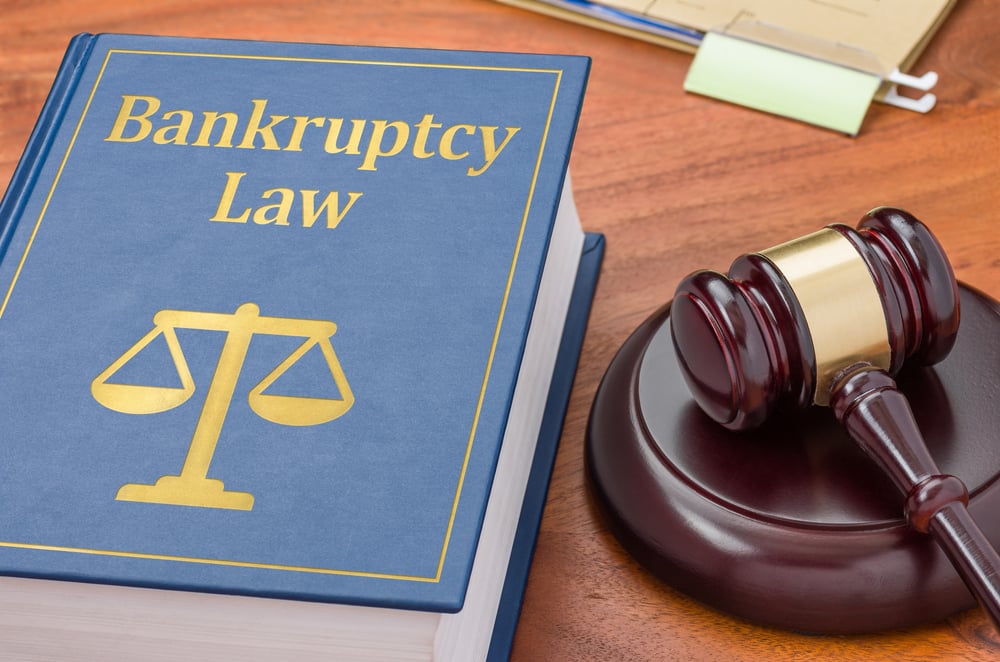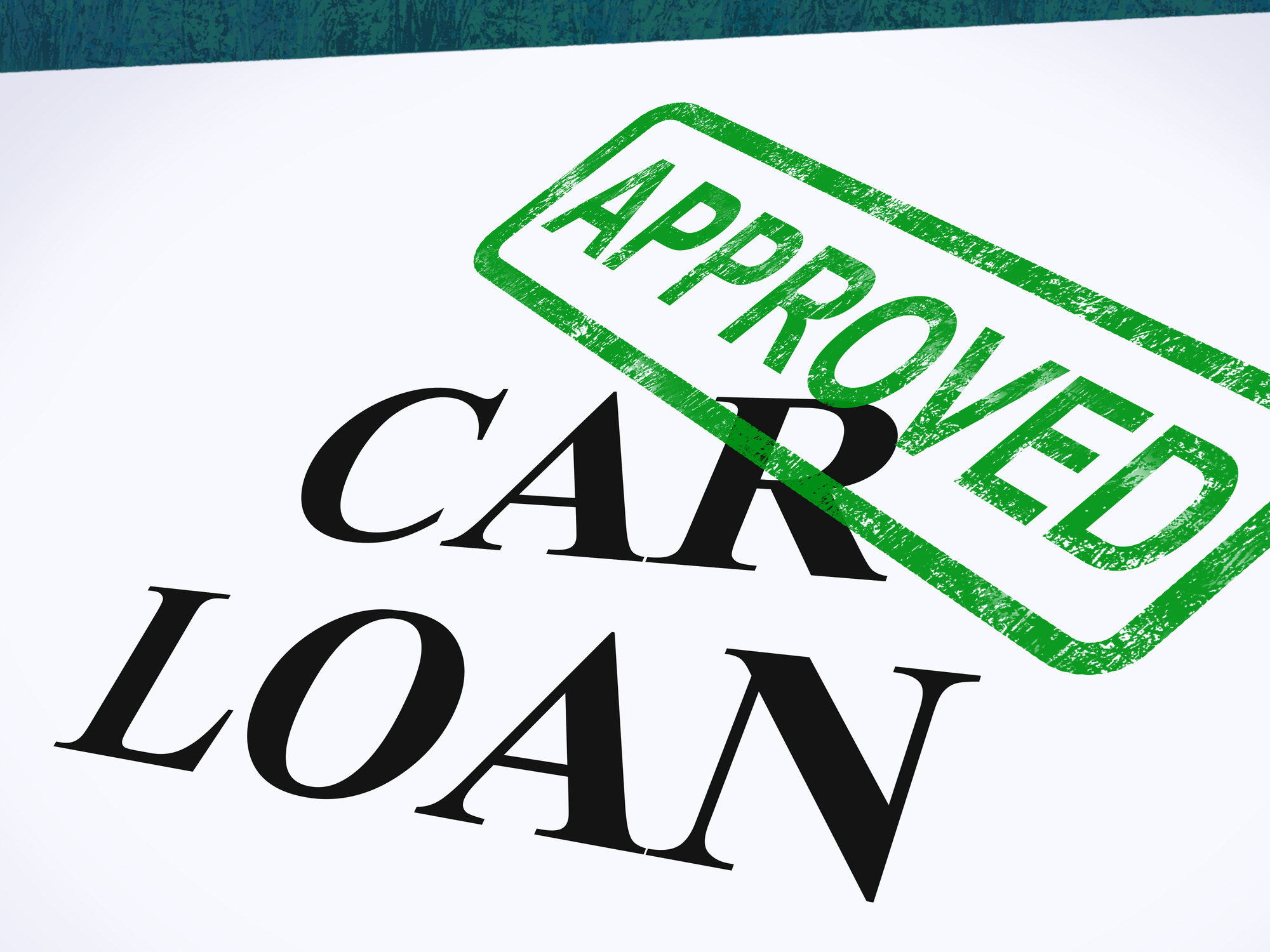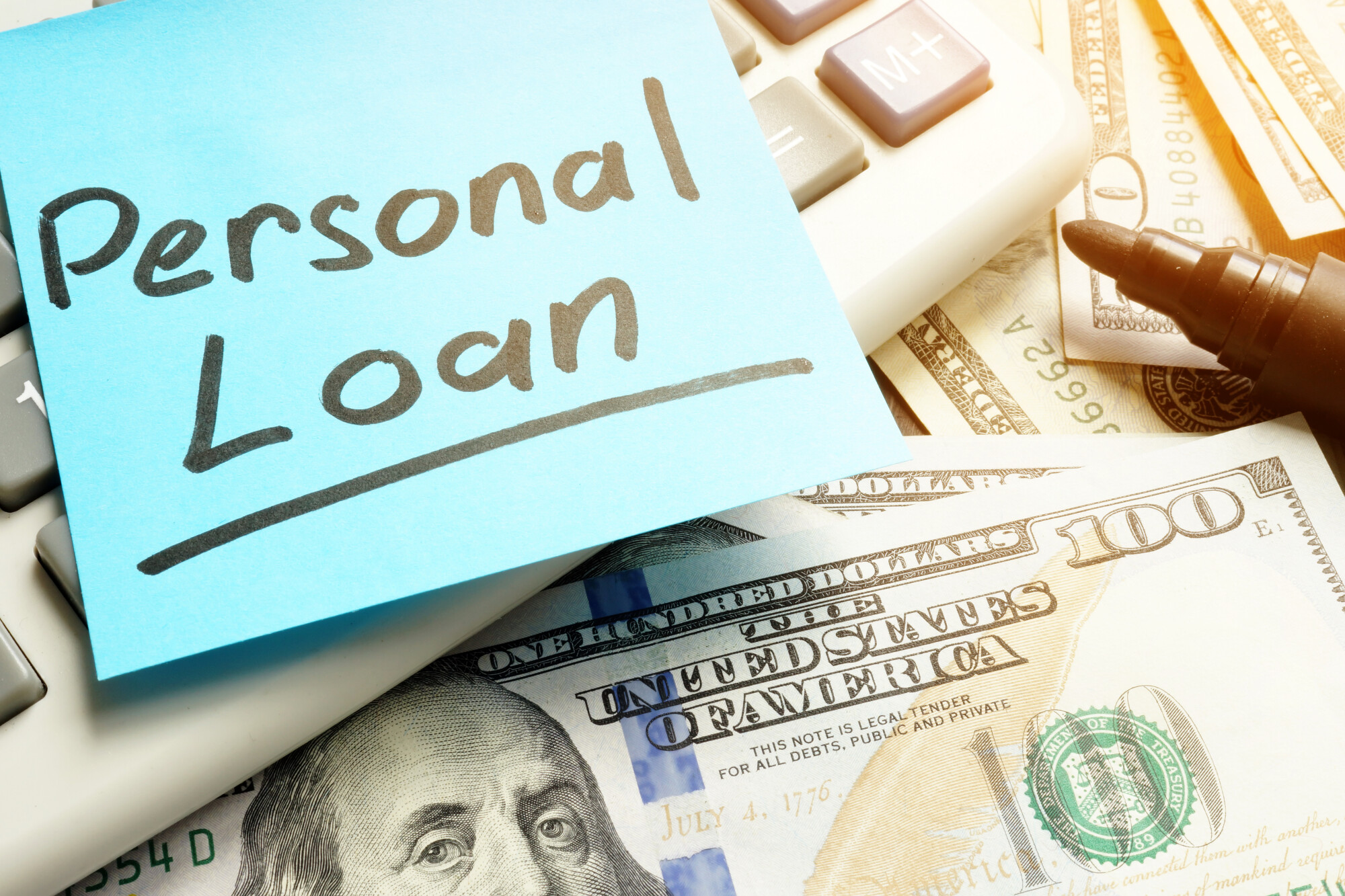 15% of Americans have carried credit card debt for 15 years. If you want to get rid of debt and feel better about your financial situation, you need to take action.
15% of Americans have carried credit card debt for 15 years. If you want to get rid of debt and feel better about your financial situation, you need to take action.
While getting out of debt is not an easy task, it’s possible to make big changes if you take it one step at a time. Setting some goals and making a commitment to becoming debt free can help set you in the right direction.
Fortunately, we’re here to help you get started. Here are 5 realistic ways that you can pay off debt.
1. Set a Budget
While it may not sound all that exciting, one of the best ways to pay off debt is to create a budget for yourself. Understanding exactly how much you have coming in and where each bit of money you have is going will help immensely when it comes to sorting out your financial situation.
Allotting money towards paying off debt and ensuring that you’re not overspending on dining, entertainment, and unnecessary things can allow you to pay off debt more easily.
2. Adopt a Debt Repayment Strategy
If you’re simply paying the minimum payments on your credit cards and other debts each month, you need to start paying more. It’s also a good idea to adopt a debt repayment strategy to keep you on track and give you milestones to look forward to.
Some of the strategies that you can adopt for paying off credit card debts include the following:
- Paying off the largest debts first
- Paying off the smallest debts first
- Paying off the highest-interest debts first
- Paying more than the minimum balance on every debt you owe
3. Sell Belongings You Don’t Need
If you’re in a tight spot and you need to get some money to pay off debt, it may be a good idea to sell some of your belongings. This could include valuables, items you have collected, household items, or anything else that you don’t need.
Selling your items on a site such as Craigslist or eBay can allow you to get some money fast and may be worth it if you’re serious about paying off some of your debt.
4. Increase Your Income
While budgeting well and having a strategy for paying off debt is important, simply increasing your income can be one of the most effective things that you can do.
Having a low income makes it much harder to pay off debts fast. Consider seeking a new job or adopting a side hustle if you want to pay off your debts more quickly.
If you owe federal taxes, then your current wages could be garnished by the IRS. If so, you may want to seek a wage garnishment release before looking for additional income.
5. Seek Debt Consolidation
If you have multiple debts to pay off, it may be worth trying to get a debt consolidation loan. Consolidating debt can allow you to convert multiple payments into one and can potentially reduce your interest rate as well.
Consider looking into your options and comparing different lenders to see if you can find a way to consolidate your debt.
Using These Practical Tips to Pay Off Debt
If you want to pay off debt, be sure that you use some of the tips above. Creating a budget, adopting a debt repayment strategy, and increasing your income can be a big help if you’re aiming to get out of debt.
Need more financial tips? Discover more helpful advice by browsing our blog now.







